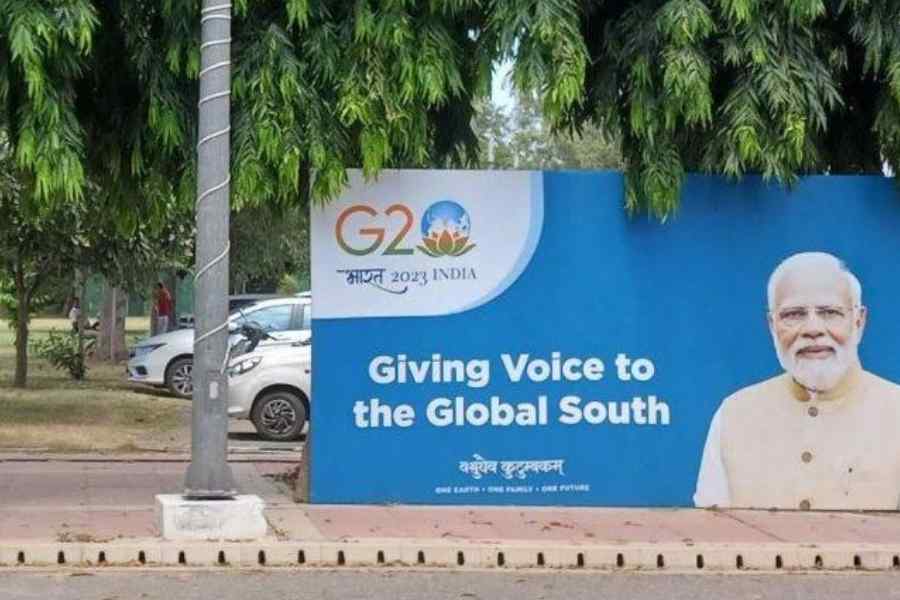Despite the Global South accounting for more than 39% of the global GDP and 85% of the global population, nearly half of all the G20 Summits have taken place in and been presided over by countries in the Global North. This is indicative of how, historically, the Global North has had a strong hold over economic institutions and their attendant agenda. But since the 2008 financial crisis, countries in the Global South have emerged as beacons of economic growth which necessitated a shift in power in this forum as well. In 2015, Turkey became the first non-Western member to preside over the forum. With this symbolic change of guard, the unique concerns of the Global South, such as financial inclusion and the refugee crisis, began to percolate in the agenda of the forum. Other significant Global South presidencies include that of China (2016) steering the conversation towards inclusive growth and connectivity and Argentina (2018) urging its members to prioritise poverty alleviation and sustainable development.
Historically, India has had an essentially reformist approach towards the international order. In realising its vision of a just and egalitarian order and achieving better outcomes for developing countries, it deposed faith in multilateralism and its attendant principles, rules and decision-making procedures. In the past 25 years, India’s outlook towards the international order has come to be characterised by an approach that seeks to hold on to its traditional support base in the Global South while creating newer pathways for concerted action with the developed West. This approach can be corroborated through the assertions of India being a “South Western” power by functionaries such as the external affairs minister, S. Jaishankar.
Despite its evolving image with regard to its G20 presidency, in its official discourse, India still postures itself as the ‘voice of the Global South’, not merely as an architect of the global agenda but also as a relentless driver of change, growth and sustainability for the Global South. Through its G20 presidency and the New Delhi Declaration, India tried to reaffirm its credentials of championing the Global South cause in three ways: first, aiding transition to low carbon emission technologies by creating pathways for facilitating low-cost financing to the Global South countries; second, by pushing reforms in the pre-existing financial institutions to cater to the concerns of the Global South, with India’s finance minister asserting that India, in a bid to enhance “the representation and voice of developing countries”, calls on the need to reform the pre-existing pillars of the global economic order; third, through laying down the groundwork for providing international public goods to developing nations. With regards to bridging capability gaps in the Global South, India asserted in this Summit a triple agenda of addressing “elimina[tion of] extreme poverty, inclusive growth and the financing of global public goods” and improving access to digital public infrastructure to boost sustainable inclusive growth. It also announced its intent of constituting a Financial Inclusion Action Plan and a Global Challenges Funding mechanism for the financial inclusion of the marginalised sections in the Global South.
The most significant marker of Indian commitment to the Global South bloc has been the inclusion of the African Union into the G20. In sum, India’s mirroring of the concerns of the Global South and the positive agenda of the declaration and Global South countries holding the reigns of this forum for the next two summits could be instrumental in creating a much needed momentum in shaping a more inclusive and just international order.
Abhishank Mishra is Assistant Professor, Miranda House College. Zahoor Dar is Conflict Researcher, Heidelberg Institute for International Conflict Research











